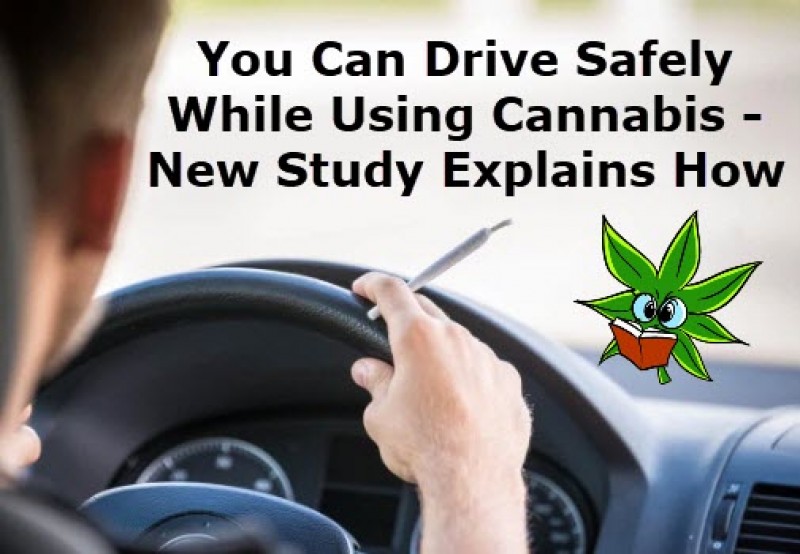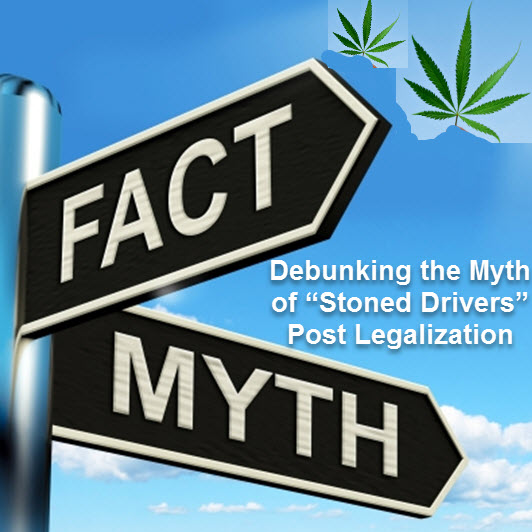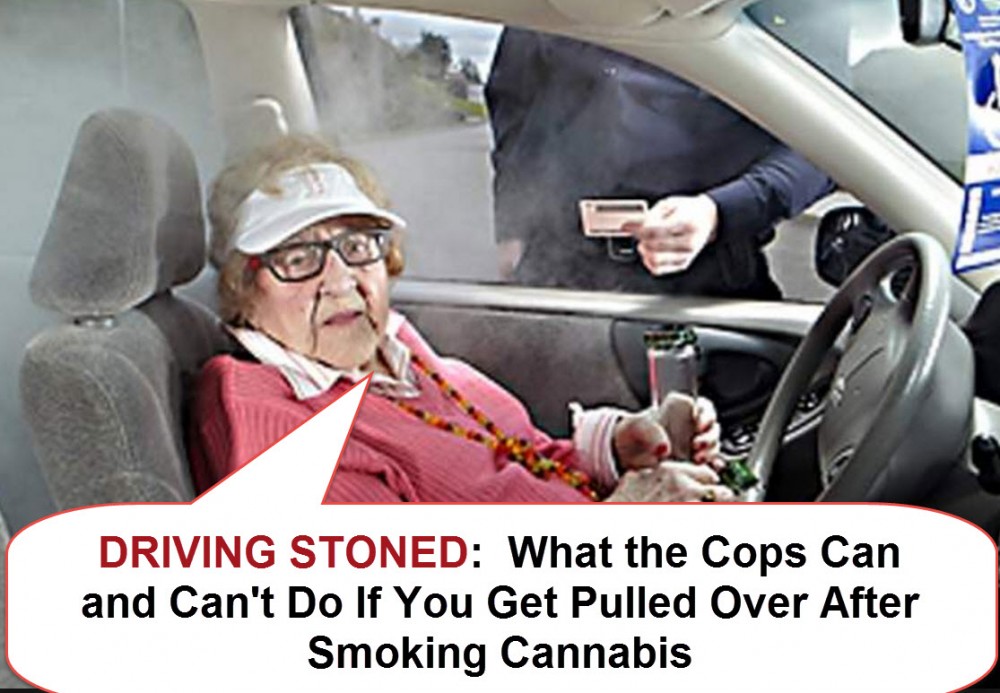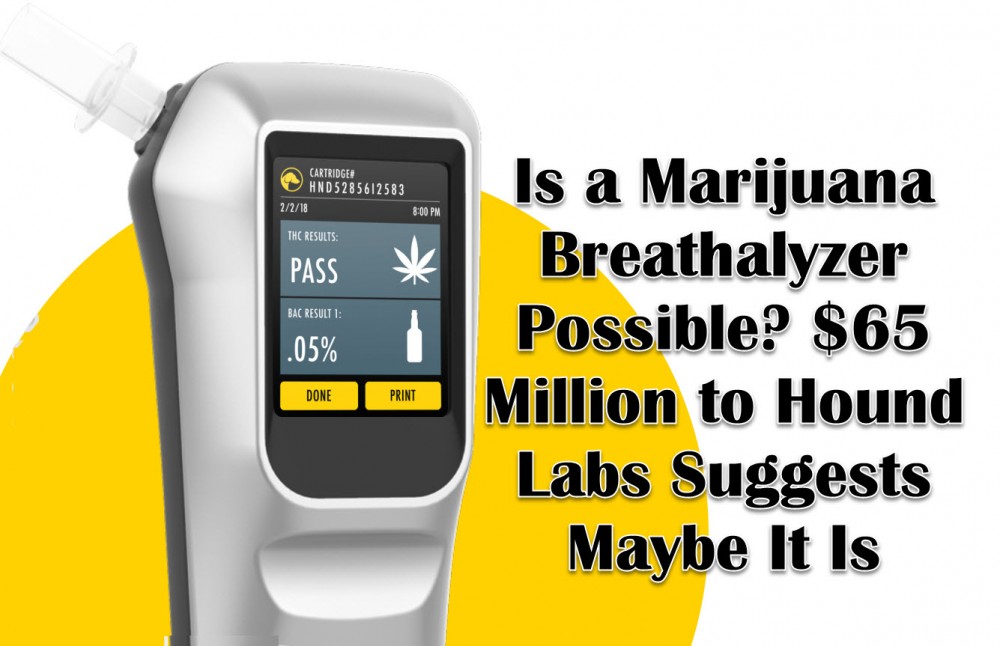Studies Explain How You can be a Responsible, Safe Driver Even When Using Cannabis
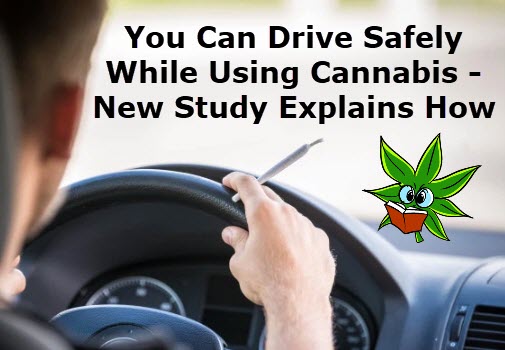
There are groups of people who still like making unfounded claims that cannabis shouldn’t be legalized because it will increase the risk of DUI and car accidents.
But the science tells us otherwise.
Let’s get it straight, though: this highly-debated topic is by no means black or white, and it simply isn’t fair to generalize conclusions. Not all cannabis-using drivers increase the risk of crashes on the road, but we also have to consider that cannabis affects everyone differently.
It also means that we have to take into consideration how much cannabis we consume, while allowing its effects to taper off properly before we set out driving.
A new report released by the Congressional Research Service sought out to understand how cannabis affects psychomotor performance.
“Research studies have been unable to consistently correlate levels of marijuana consumption, or THC in a person's body, and levels of impairment. Thus, some researchers, and the National Highway Traffic Safety Administration, have observed that using a measure of THC as evidence of a driver's impairment is not supported by scientific evidence to date."
It also says that the current data we have on the topic is “conflicting”, adding that “Levels of impairment that can be identified in laboratory settings may not have a significant impact in real world settings, where many variables affect the likelihood of a crash occurring.”
“There is as yet no scientifically demonstrated correlation between levels of THC and degrees of impairment of driver performance, and epidemiological studies disagree as to whether marijuana use by a driver results in increased crash risk. ... Based on current knowledge and enforcement capabilities, it is not possible to articulate a similarly simple level or rate of marijuana consumption and a corresponding effect on driving ability,” the report concludes.
Another recent study, this time by University of British Columbia researchers, investigated the risk of crashes in drivers who tested positive for THC as well and compared them to drivers without similar substances or any other drugs over the course of 6 years. “There was a significantly increased risk for drivers who used alcohol, sedating medications, or recreational drugs others than cannabis,” write the authors.
Meanwhile, the drivers who tested positive for current cannabis use as well as alcohol were found to face a higher risk of car accidents, though this is consistent with other similar studies.
The study, published in the journal addiction, and led by BC emergency physician Jeff Brubacher, involved analyzing crashes in the province that resulted in the injury of around 3,000 drivers. Their blood was tested for cannabis and booze, but the researchers also turned to police reports for more data though this was only available in 2,300 of the cases.
Alcohol was detected in 334 drivers (14.4%), THC in 192 (8.3%), other recreational drugs in 207 (8.9%), and sedating medications in 460 (19.8%),” reads the study. “Polysubstance use was common and many drivers (11.4%) tested positive for more than one impairing substance.” In the end, they found that more than half of drivers (1,178) were deemed responsible for the crash.
When assessing the drivers whose blood samples were found to have THC, those with less than 2ng/mL or as much as 5ng/mL were found to result in “non-statistically significant increases in unadjusted risk of responsibility.”
They conclude that the findings “suggest that the impact of cannabis on road safety is relatively small at present time.”
The authors also note that the possibilities of car crashes would only increase more with legalization though they point out that the risk is much higher just among people who are younger or who have less experience with cannabis.
“Marijuana affects motor ability—reaction times are slower so people can’t respond quickly enough to a dangerous situation,” explains Brubacher. “Drivers who have used cannabis may have trouble staying in their lane and tend to weave. The ability to maintain a consistent speed is also impaired and they tend to slow down and speed up erratically. Marijuana also makes for a more easily distracted driver.”
So there you have it – it is possible to drive safely under the influence, but know your limits. Driving while high or after a smoke session is not something that amateurs should be trying.
DRIVING STONED, READ THESE...
DRIVING MYTHS ABOUT BEING STONED, CLICK HERE.
OR..
POLICE PULL YOU OVER WHO IS STONED, CLICK HERE.
